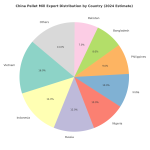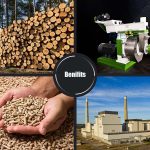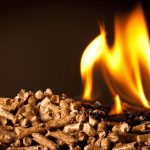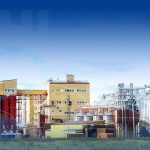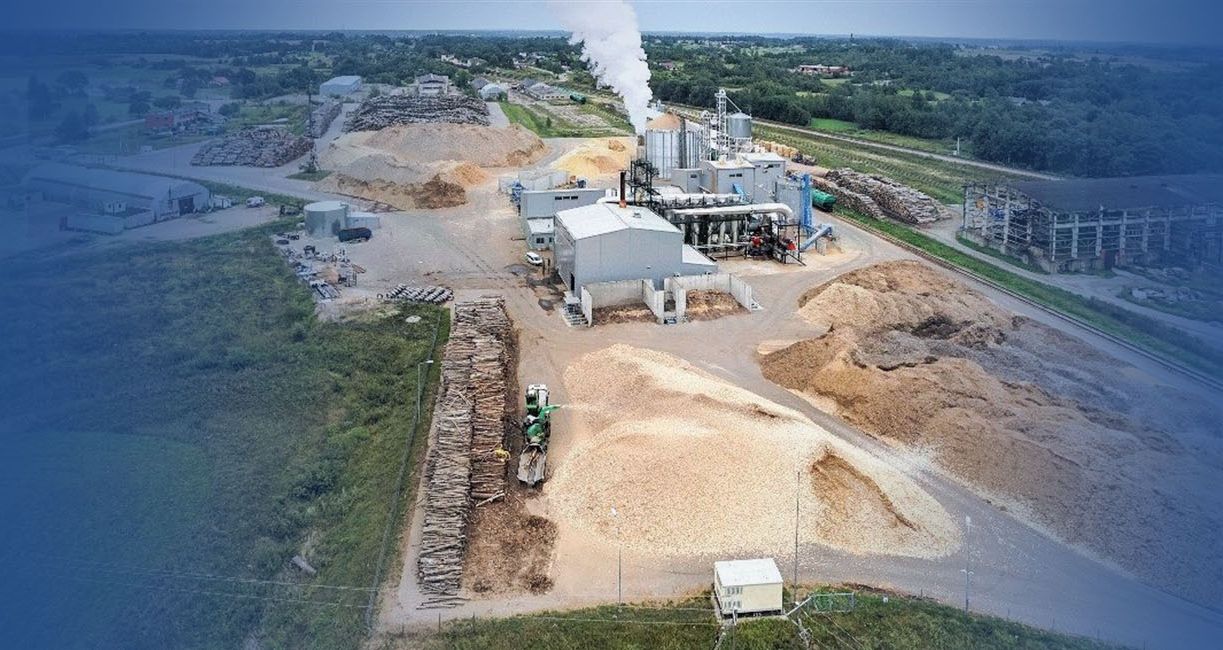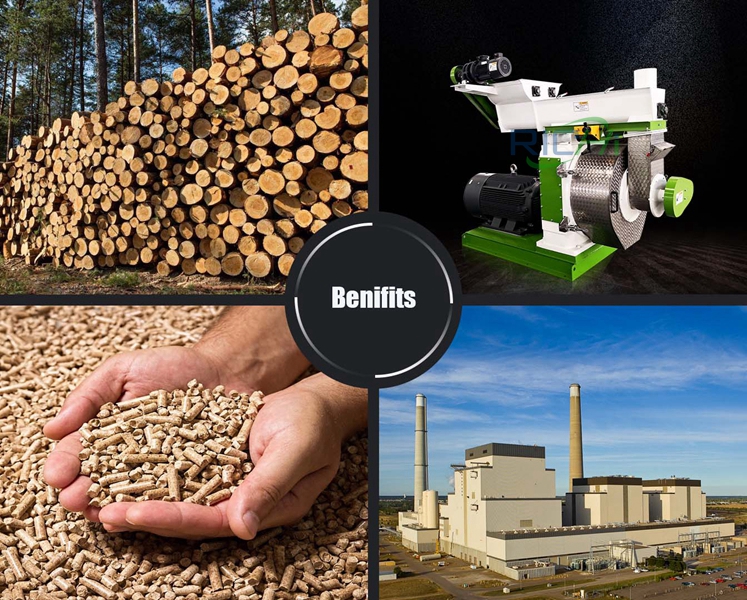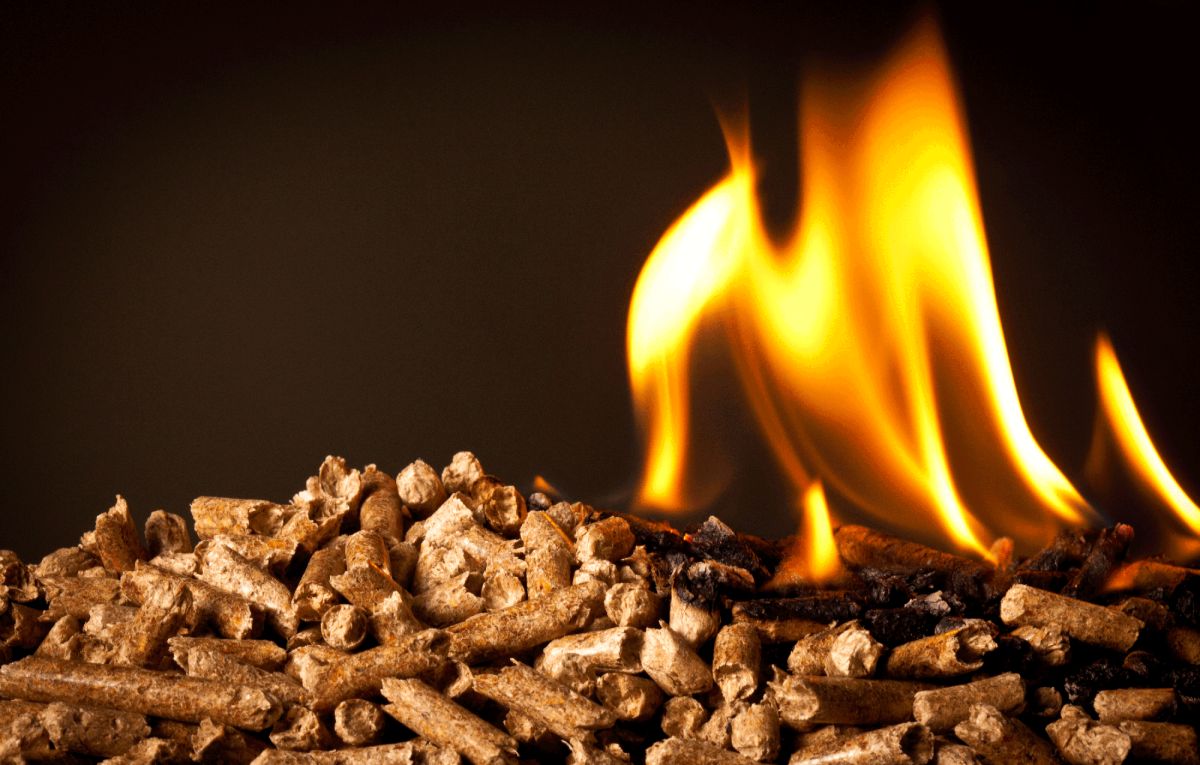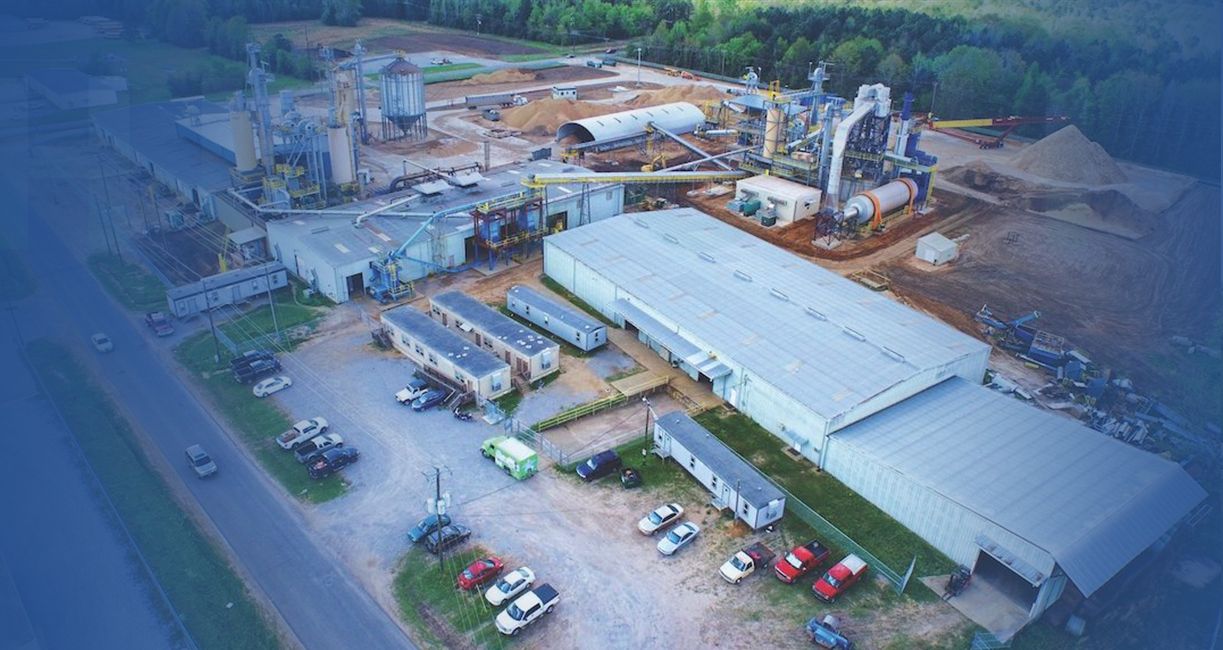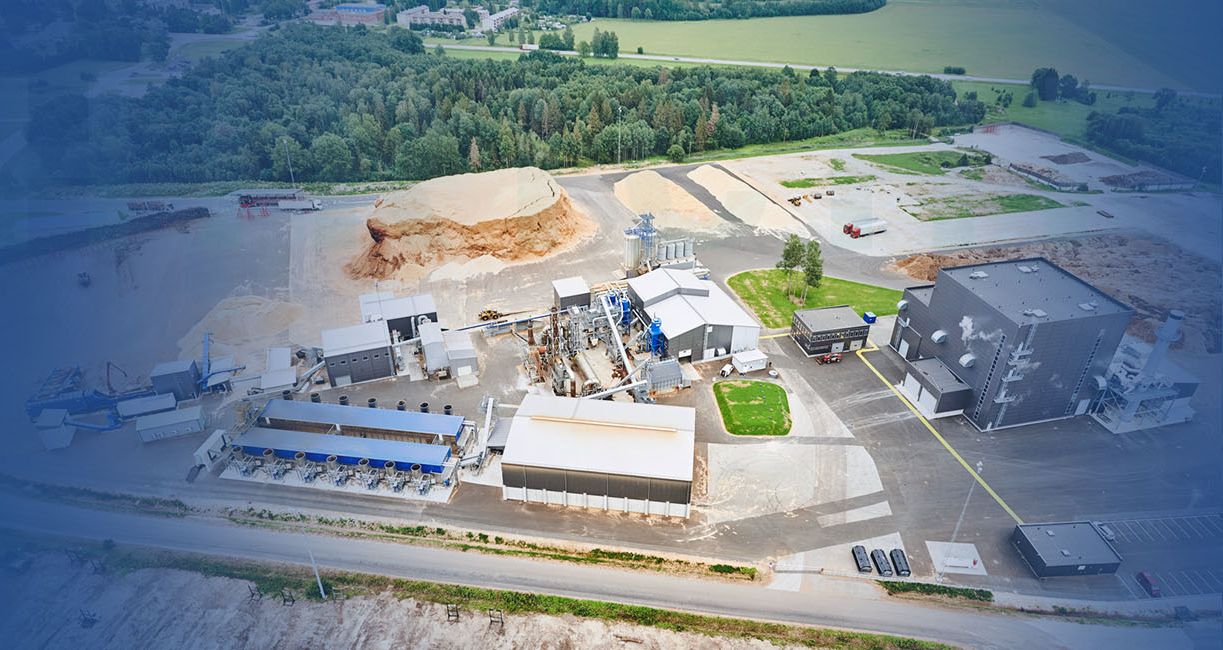The global shift towards renewable energy sources has significantly increased the demand for wood pellets. However, countries with strict environmental protection requirements have a profound impact on the design and equipment selection for wood pellet making lines. This article explores how stringent environmental regulations in certain countries influence the choice of equipment and technologies in wood pellet production facilities.
Key Environmental Concerns in Wood Pellet Production
- Air Emissions
Wood pellet production can release particulate matter, volatile organic compounds (VOCs), and greenhouse gases. Countries with strict environmental regulations often require advanced emission control systems. - Water Usage and Wastewater Management
The production process may involve water for cooling or steam generation. Strict regulations necessitate efficient water use and proper treatment of wastewater. - Noise Pollution
Industrial operations can generate significant noise. Environmental regulations may impose limits on noise levels, affecting equipment selection. - Energy Efficiency
Many countries with strict environmental regulations also emphasize energy efficiency in industrial processes.
Countries with Stringent Environmental Regulations
Several countries are known for their strict environmental protection requirements, which significantly impact wood pellet making line equipment selection:
- Germany
- Sweden
- Netherlands
- Denmark
- United States (particularly California)
- Canada
- Japan
How Strict Regulations Influence Equipment Selection
- Advanced Emission Control Systems
In countries with stringent air quality regulations, wood pellet making lines must incorporate sophisticated emission control technologies:
- Cyclones and Baghouses: High-efficiency cyclones and fabric filter baghouses are essential for capturing particulate matter. Equipment manufacturers must provide systems that meet or exceed local emission limits.
- Regenerative Thermal Oxidizers (RTOs): To control VOC emissions, RTOs may be necessary. Equipment suppliers must offer integrated solutions that include these advanced oxidation systems.
- Wet Electrostatic Precipitators (WESPs): For ultra-fine particle control, WESPs may be required. This necessitates collaboration between pellet line manufacturers and specialized air pollution control equipment providers.
- Water Management Systems
Countries with strict water conservation and quality regulations influence equipment selection in several ways:
- Closed-Loop Cooling Systems: Equipment manufacturers must offer pellet mills and associated machinery with closed-loop cooling systems to minimize water consumption.
- Advanced Wastewater Treatment: Integrated wastewater treatment systems may be required, necessitating partnerships between pellet line manufacturers and water treatment specialists.
- Noise Reduction Measures
To comply with noise regulations, equipment selection must prioritize low-noise options:
- Acoustic Enclosures: Key equipment like hammer mills and pellet presses may need to be enclosed in sound-insulated housings. Manufacturers must offer these as standard options or easily integratable add-ons.
- Low-Noise Components: Equipment with inherently lower noise profiles, such as electric drives instead of hydraulic systems, may be preferred. (Related post:wood pellet machine cost)
- Energy-Efficient Equipment
Countries emphasizing energy efficiency in industrial processes influence equipment selection through:
- High-Efficiency Motors: The use of premium efficiency motors and variable frequency drives (VFDs) becomes standard in equipment specifications.
- Heat Recovery Systems: Pellet coolers and dryers with integrated heat recovery systems are preferred to optimize energy use.
- Advanced Control and Monitoring Systems
To ensure compliance with environmental regulations, sophisticated control and monitoring systems are essential:
- Continuous Emission Monitoring Systems (CEMS): Equipment manufacturers must provide integrated CEMS or ensure easy integration with third-party systems.
- Automated Process Control: Advanced PLC and SCADA systems are required to optimize process efficiency and minimize environmental impact.
- Data Logging and Reporting: Comprehensive data collection and reporting capabilities become standard features to meet regulatory requirements for environmental performance documentation.
- Raw Material Handling and Dust Control
Strict regulations on particulate emissions and worker safety necessitate advanced material handling and dust control systems:
- Enclosed Conveyors: Equipment selection favors enclosed belt or screw conveyors over open systems to minimize dust emissions.
- Dust Collection Systems: Comprehensive dust collection networks must be integrated throughout the production line, with equipment designed for easy connection to central dust collection systems.
- Spark Detection and Suppression: Advanced spark detection and suppression systems become standard features in drying and grinding equipment.
Case Study: Wood Pellet Production in Germany
Germany, known for its strict environmental regulations, provides an excellent example of how these requirements shape equipment selection for wood pellet making lines:
- Emission Control: German facilities often require multi-stage emission control systems. Equipment suppliers must offer integrated solutions that include high-efficiency cyclones, baghouses, and RTOs to meet the TA Luft air quality standards.
- Energy Efficiency: The German Energy Saving Ordinance (EnEV) drives the selection of highly energy-efficient equipment. This includes pellet mills with optimized compression ratios, dryers with heat recovery systems, and motors that exceed IE4 efficiency standards.
- Noise Control: Strict noise limits in residential areas necessitate the selection of low-noise equipment or the inclusion of comprehensive sound insulation packages.
- Water Management: Closed-loop cooling systems and water treatment capabilities are standard requirements for equipment destined for the German market.
Impact on Equipment Manufacturers and Suppliers
The stringent environmental requirements in countries like Germany, Sweden, and parts of the United States have significant implications for equipment manufacturers and suppliers:
- Research and Development Focus
Manufacturers must invest heavily in R&D to develop equipment that meets or exceeds the strictest global environmental standards. - Modular Design Approach
Equipment is increasingly designed with a modular approach, allowing for easy integration of advanced environmental control systems as needed for different markets. - Partnerships and Collaborations
Equipment manufacturers often form partnerships with specialized environmental technology providers to offer comprehensive solutions. - Customization Capabilities
The ability to customize equipment to meet specific local environmental regulations becomes a key competitive advantage. - Life Cycle Analysis
Manufacturers increasingly provide life cycle analysis data for their equipment, demonstrating long-term environmental performance and compliance.
Conclusion
The design and equipment selection for wood pellet making lines in countries with strict environmental protection requirements is a complex process that demands a holistic approach. Equipment manufacturers and plant designers must consider a wide range of environmental factors, from air and water quality to noise pollution and energy efficiency.While these stringent regulations pose challenges, they also drive innovation in production technologies and practices.
As global environmental standards continue to evolve, the lessons learned from designing wood pellet making lines for countries with strict regulations will likely influence industry practices worldwide.For wood pellet producers, selecting equipment that meets the highest environmental standards not only ensures compliance with current regulations but also positions their operations for long-term sustainability and social acceptance. As the industry continues to grow, the ability to produce wood pellets in an environmentally responsible manner will become increasingly crucial for success in the global market.
For details please contact: wood pellet machine
WhatsApp:86 138 3838 9622
Email:enquiry@richipelletmachine.com


